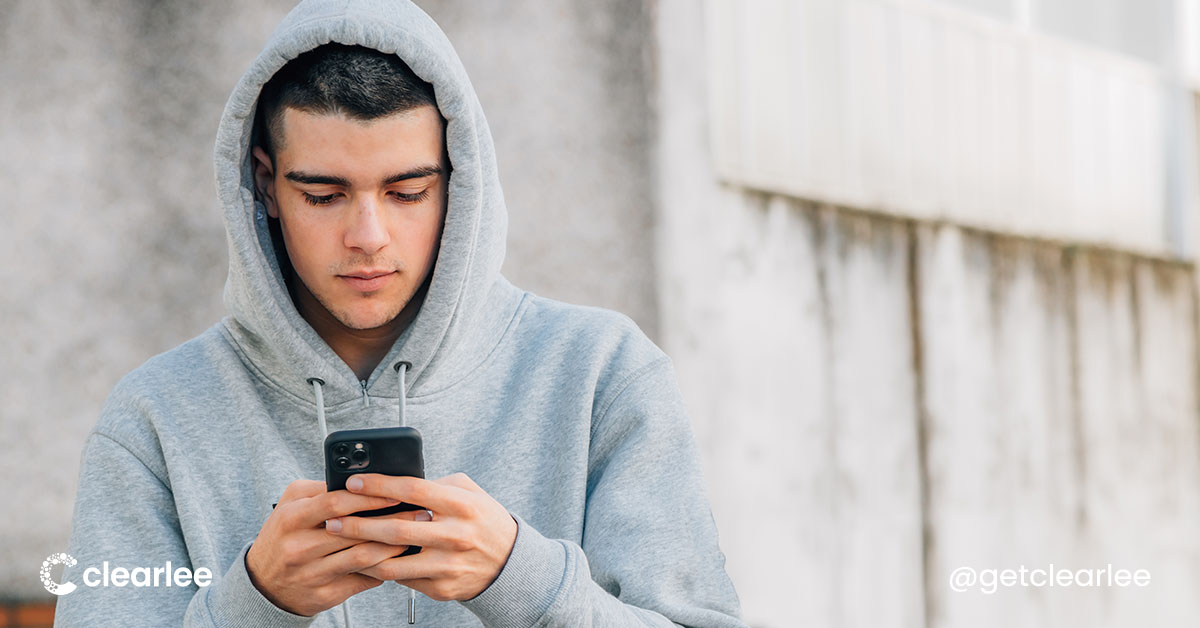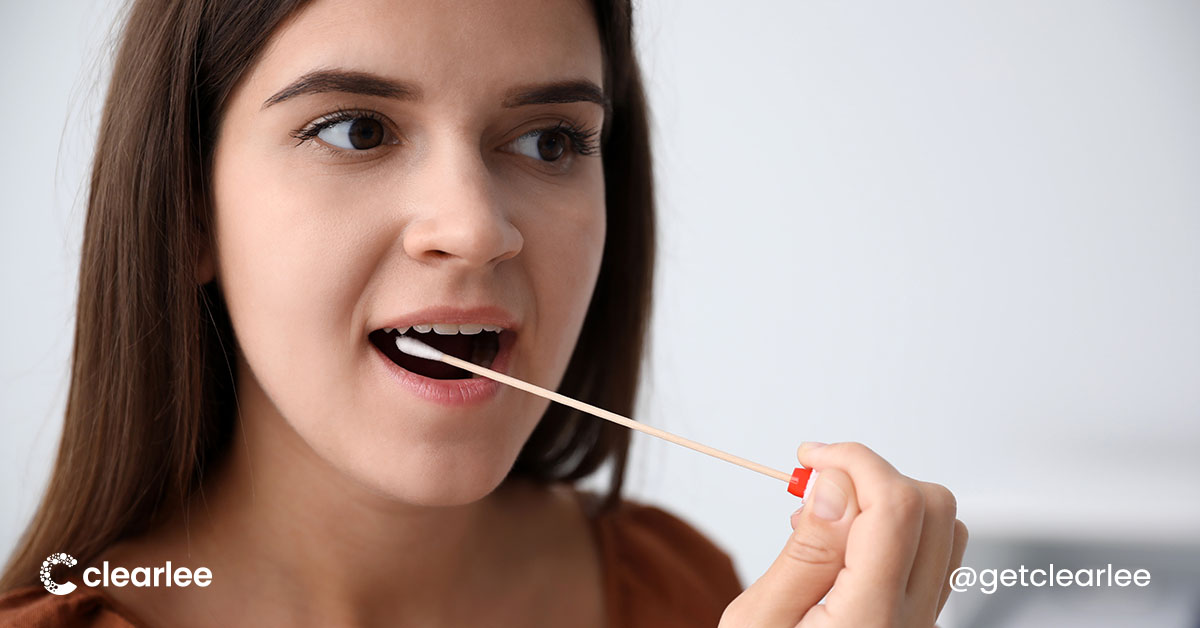Let’s face it… Drug testing is not exactly a sexy subject. Depending on your audience, it is likely to elicit anything from confused stares to eye rolls to outright defensiveness. But broaching the subject of drug testing with your loved one doesn’t have to be a trust-undermining, conflict-inducing horror show.
Done with care and consideration, it can be a catalyst for an honest and productive conversation. As with most emotionally fraught topics, preparation is key to success. Here are some tips for talking to your loved one about drug testing:
Understand the “Why”
Why drug testing? Why now? Maybe you’ve heard rumors of drug use at your local school or noticed signs of use in your loved one. Whatever the circumstances, clarifying your motivation and objectives will help you to communicate your concerns more effectively.
Educate yourself
As much as you may think you know about substance use and abuse, there is always more to learn. In particular, you’ll want to avoid stigmatizing language like “addict” or “junkie.” By educating yourself about the disease of addiction, and being aware of your own, (possibly subconscious), attitudes about drug use, you can approach the subject from a place of respect and understanding.
Choose the right time and place
Too often, we wait until the heat of an argument to voice concerns that have been festering for weeks. But productive conversations are unlikely if one or more participants is emotional, tired, distracted, or under the influence of drugs. You will have more success if you wait until you and your loved one are both sober, calm, focused, and able to speak privately.
Be straightforward
Difficult conversations are… well, difficult. Resist the urge to skirt the subject or use euphemisms. Your loved one will be able to sense that you are not being straight with them and might even assume that you are judging them.
Describe the Process
Explain that drug testing is not meant to “catch” your loved one doing “wrong” but rather to ensure their/your family’s safety. Talk about how drug testing might benefit your loved one and offer peace of mind to others in the household. Discuss the frequency of testing, how you will deal with a positive test result, and possible incentives for negative results. Reassure your loved one that you will support them throughout the process and help them access more help if needed.
Take time to listen/validate
Give your loved one time and space to ask questions and express concerns, then address these concerns directly and honestly. Validate your loved one’s reservations and reinforce their right to choose (more on this below). Let them know that drug testing is a tool that will always be available to them.
Offer choices
Present your loved one with options and empower them to choose what is in their best interests. For example, while you can’t force your loved one to take a drug test, you can tie it to privileges like the use of the family car, financial support, or social freedoms. Explain that your primary objective is your loved one’s health and safety and that these limits are intended to support their well-being.
Set and maintain boundaries
Whether or not your loved one agrees to test, you can use this opportunity to clarify your personal boundaries around drug use. For example, if you have young children, you might explain that your children can’t be around your loved one if they are under the influence of drugs. Of course, when it comes to boundaries, the setting is the easy part. Maintaining and enforcing these boundaries can be more challenging. Anticipate moments when you might be tempted to give in and break your boundaries, and enlist a partner in solidarity for these situations. It’s not easy, but it will help your loved one to see that there are consequences to drug use.
Conclusion
Talking about drug testing with your loved one may seem daunting, but approached with care and consideration, it can be a valuable experience for both of you. With a little preparation and planning, you can create a sense of mutual respect and understanding. It won’t be easy, but your loved one, and your relationship, may just come out stronger in the end.
Keep Reading
Want more? Here are some other blog posts you might be interested in.
The First Reliable Unobserved Drug Test
When Liz Read learned that a family member was struggling with ...
Rapid Saliva Testing: The Fast Track to Wellness in the Workplace
For decades, companies and organizations have used drug testing to ensure safe ...
Remote, Rapid Saliva Testing in Court: The Supplemental Tool
Drug tests have long been used in court for a variety of ...
Want to learn more about Clearlee?





